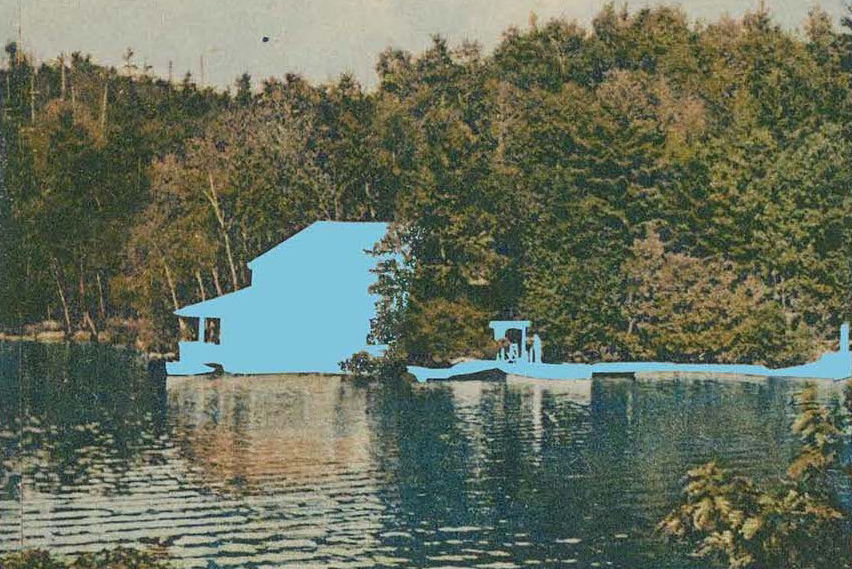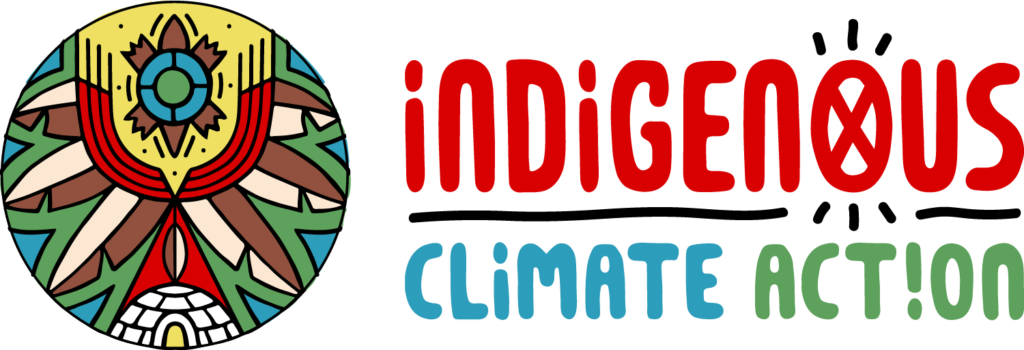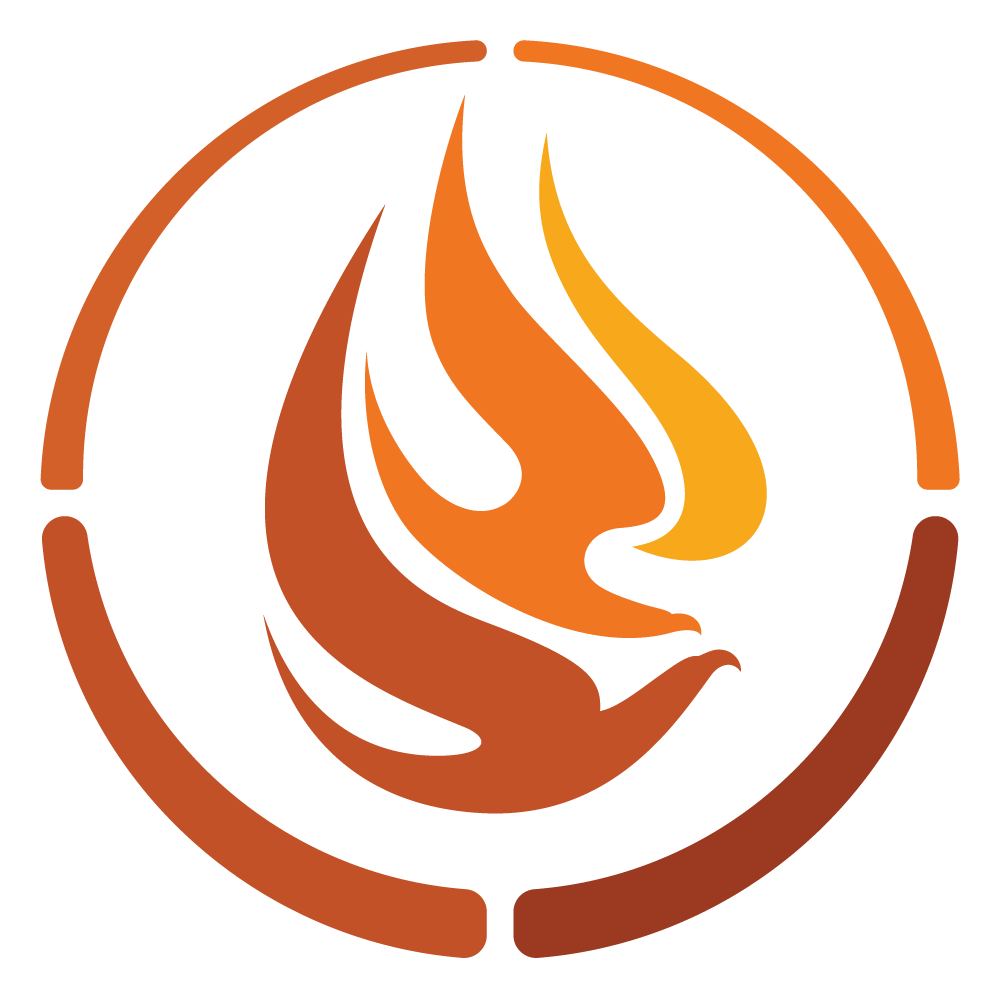Our Land Acknowledgement
Current land issues in Ontario
Indigenous People around the world and their activism
Truth
The remains of 215 children, some as young as three, discovered at the site of a former residential school is a horrifying reminder of the abuses against Indigenous people in Canada.
“We do not want this to be hidden. We want this to come to resolve, we want people to know that this history is real, the loss of the children is real,” said Tk’emlúps te Secwépemc Chief Rosanne Casimir. “For our community, our people, our nation, we just want everyone to acknowledge the history that is there.”
Indigenous History in the Making: Climate Breakthrough Award
Eriel Tchekwie Deranger, executive director of Indigenous Climate Action, is making history as the first Indigenous rights-based project backed by the Climate Breakthrough Award. Over the next three years, the four award recipients will each receive a $4million dollar package and other support to develop, launch, and scale their bold new initiatives to address climate change.
Deranger is seeking to pioneer the first-of-its-kind globally coordinated effort to elevate Indigenous-led climate solutions, ensuring that Indigenous voices are not just included but are central to the fight for climate justice.
Cottage colonialism: lakeside property in Ontario –

Sept 12,2023 – Abhishek Wagle – Essays, The Architectural Review
…Known as ‘cottage country’, this rural recreational landscape sits on the edges of a rapid territorial expansion of private property in Ontario. Today, most of the land south of cottage country is privately owned, while most of northern Ontario – 95 per cent by recent metrics – is Crown land, owned and managed by provincial and federal governments. In all of Ontario, less than one per cent is First Nations reserve land.
Uncolonizing Climate Justice
Do you want to approach climate justice in a way that challenges the colonial mentality that permeates most aspects of Western societies, including conventional approaches to environmentalism?
If so, welcome! We hope this is a valuable resource to you.
This site encourages environmental activists to not only
speak out
against the damaging impacts of the colonial mindset, but also
speak in
to our movements to discover of how colonialism continues to shape us and our actions,
resulting in further disregard for Indigenous Peoples.
With greater awareness, new paths may appear guiding us forward.

We value upholding what it means to be Indigenous. We believe in recognizing the diversity of Indigenous Peoples as cultures and individuals. We believe in the idea that Indigenous identity is inseparable from the lands and waters.
We value Indigenous ways of being. We believe in models of decolonization, and in the importance of self-determination and sovereignty in Indigenous governance and community building.
We value Indigenous ways of knowing. We believe in upholding Indigenous knowledge systems, respecting natural laws, and using two eyed seeing – merging collective Indigneous knowledges with western science.
We value Indigenous ways of relating. We believe in using a reciprocal and relational approach, in collaborating to build power, and in prioritizing accountability to community. We believe in maintaining transparency, and ensuring that our work is accessible to grassroots community members.
We strive to ensure all our partners share and reflect our core values.

The vision of this website is to provide a platform for Indigenous peoples across Canada to share their climate change experiences and stories. Developed by Indigenous peoples for Indigenous peoples, the Indigenous Climate Hub provides access to climate change resources tools for Indigenous peoples to monitor and adapt to our ever changing climate. The platform also acts as a hub for Indigenous climate change leaders working on similar issues to come together and build from each others knowledge and experiences
National Centre for Truth and Reconciliation

The flame that burns at the center of the logo symbolizes the seven fires representing the seven sacred teachings contained in the Truth and Reconciliation Commission (TRC). The fire that burns at the center of the NCTR logo is our collective responsibility – to care for and to ensure the fires of Reconciliation lit across this country stay bright.
As one looks into this fire, the image of two birds appears. These birds symbolize the TRC’s mandate that states, “The Truth of our common experiences will help set our spirits free and pave the way to Reconciliation.” These birds also represent some of the relationships that are necessary for the process of healing and Reconciliation: Survivors and intergenerational Survivors, Indigenous and non-Indigenous people, parents and children.
The third small flame within the fire represents all of the children who are not yet born – those to whom we are collectively accountable in our efforts to pass on a better world. The circle around the flame represents the continuity of this work and the four directions and teachings contained within them. The gaps in the circle welcome everyone to join the journey of Reconciliation.
Visit the NCTR website – here
“Indigenous Peoples in Canada.” — First Nations, Inuit and Métis
A Dish With One Spoon, also known as One Dish One Spoon, is a law used by indigenous peoples of the Americas since at least 1142 CE to describe an agreement for sharing hunting territory among two or more nations.
Recently, many scholars and Indigenous peoples have come to believe that the dish with one spoon concept can raise awareness regarding ecological and environmental sustainability. One of the core values within the idea of a dish with one spoon is that those who use the land should not abuse the land. In other words, individuals and groups should only take what they need from the land so that there will be a healthy, long-term, sustainable environment.

The Two Row Wampum belt is the symbolic record of the first agreement between Europeans and American Indian Nations on Turtle Island/North America. 2013 marks the 400th anniversary of this first covenant, which forms the basis for the covenant chain of all subsequent treaty relationships made by the Haudenosaunee and other Native Nations with settler governments on this continent.
The agreement outlines a mutual, three-part commitment to friendship, peace between peoples, and living in parallel forever (as long as the grass is green, as long as the rivers flow downhill and as long as the sun rises in the east and sets in the west). Throughout the years, the Haudenosaunee have sought to honor this mutual vision and have increasingly emphasized that ecological stewardship is a fundamental prerequisite for this continuing friendship.

First Peoples of the Great Lakes joined the British-Haudenosaunee Covenant Chain alliance in 1761. When the British treated the region as conquered territory, the Anishinabe and other nations expelled British garrisons and settlers from most of the territory in “Pontiac’s War.” As the war continued, the British government issued the Royal Proclamation, a first step towards Crown recognition of Aboriginal Title. After hostilities ended, First Peoples met with the British at Fort Niagara in 1764. There, they negotiated a renewed alliance, embodied in the Covenant Chain, the Royal Proclamation and the Treaty of Niagara (be sure to click on the table of contents on this page) also see the Treaty of Niagara – pdf
Chippewas of Rama First Nation

Throughout our history, the Chippewas of Rama First Nation have been known as a caring, sharing people. Our Chippewa territory has been called ‘the gathering place’ where travelers rested before continuing on their journey, where great meetings were held and important agreements signed.
Wahta Mohawks Territory
A Mohawk group of people were relocated to the Muskoka area in 1881 from the Kanesatake, Oka, Quebec. The Wahta Mohawks are mainly descended from Mohawks who were members of the Five Nations confederacy, which also included the Oneida, Onondaga, Cayuga and Seneca. When the Tuscarora joined in the in the early 1700’s they became the Six Nations Confederacy.

The Ai:ionwatha Wampum Belt symbolizes the founding of the Iroquois Confederacy. Each square represents an Iroquois Nation. On the far right is the Mohawk Nation – The Keepers of the Eastern Door. On the far left is the Seneca Nation – The Keepers of the Western Door. The two younger brothers, the Oneida and Cayuga are in between. The central fire, represented by a tree is the Onondaga Nation. The Tuscarora Nation joined the Iroquois Confederacy in the early 1700’s so they are not represented in the earlier Hiawatha belt.
Moose Deer Point First Nation
The people of Moose Deer Point are descendants of the Pottawatomi of the American Mid-West. As allies of the British Government, the Pottawatomi responded to an invitation from said Government, to settle in Southern Ontario in the late 1830’s, eventually joining the Beausoleil Band on Beausoleil Island. Later, some members of Beausoleil and some Pottawatomi moved north and established a settlement at Moose Point.
Moon River Community
The Moon River represents one of the main rivers running through the traditional territory of the Métis of Georgian Bay and connects Métis citizens of the islands and shores of Georgian Bay to those on the mainland. It would have been a river that their ancestors used as a one of their highways.
The Métis that settled in the Moon River / Woods Bay area of Georgian Bay have been an important part of the MacTier community since the 1800’s.
Muskoka Area Indigenous Leadership Table (MAILT)
The District Municipality of Muskoka has a history of engagement with Indigenous Peoples. Eight First Nations have a traditional tie or ongoing interest in the lands that now encompass Muskoka and should be included in consultation processes. These included:
- Wahta Mohawks
- Moose Deer Point First Nation
- Beausoleil Island First Nation
- Chippewas of Mnjikaning (Rama) First Nation
- Wasauksing First Nation
- Huron-Wendat First Nation
- Georgina Island First Nation, and
- The Métis Nation of Ontario
Assembly of First Nations
In the face of a rapidly changing climate, First Nations have much to contribute to global climate action. First Nations’ collective knowledge, as observers, stewards, and interpreters of ecosystems, offers invaluable insight to lead and complement action on climate change.
Indigenous Peoples are critical to nature-based solutions to climate change
‘Indigenous Peoples are already stewarding nearly one-fifth of the total carbon sequestered by tropical and subtropical forests, and Indigenous territories encompass 40 per cent of the world’s protected areas.’
By Townsend-Moola-Craig. Published on Oct 26, 2020.
Despite the devastating impacts of colonialism, as described by the Truth and Reconciliation Commission (TRC) in 2015, most Indigenous Peoples in Canada have long histories of sustainable co-existence with their territories. Their participation and leadership is necessary for the transformative and cross-sectorial systemic change required to deal with the climate crisis.

